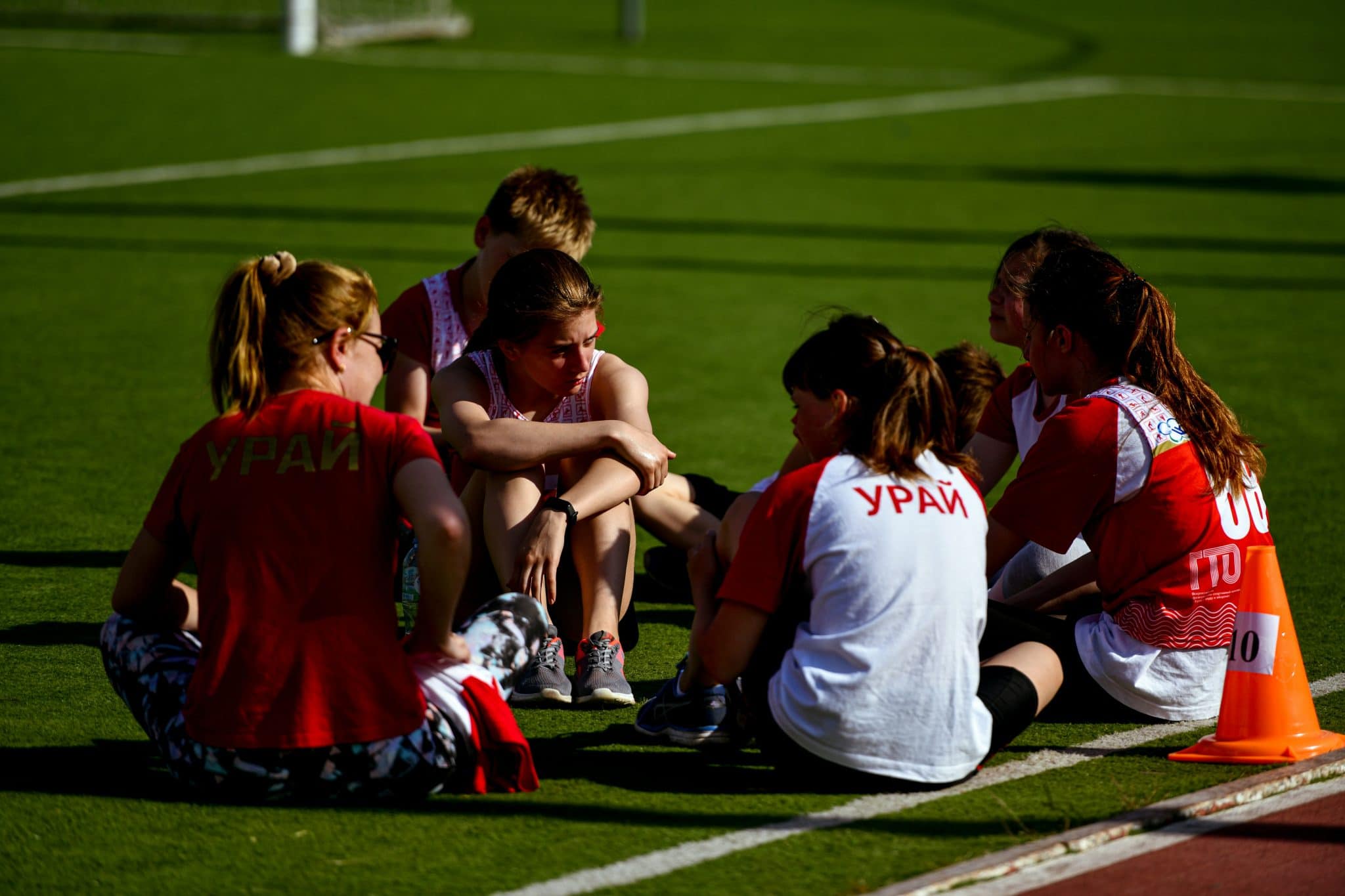Sports Participation: Enhancing Academic Motivation
Sports and academics are two seemingly different concepts, but their connection and impact on an individual’s development should not be underestimated. While academics are often seen as the primary focus in a student’s life, it is important to recognize the role that sports participation plays in enhancing academic motivation. Research has shown that there is a significant relationship between sports participation and academic performance, highlighting the positive effects of participating in sports on a student’s overall academic success. In this article, we will explore the numerous benefits of sports participation on academic motivation and how it contributes to improved academic outcomes.
The Importance of Physical Activity in Academics
Physical activity is crucial for individuals of all ages, but it holds a special significance for students. Studies have consistently shown that regular physical activity not only improves overall physical health but also has a positive effect on mental health and academic performance. Engaging in sports provides students with an outlet to release stress, anxiety, and other negative emotions, allowing them to maintain a healthy state of mind.
Moreover, participating in sports also helps to boost energy levels, improve concentration, and increase productivity. According to a study published in the Journal of School Health, students who participate in sports have higher levels of academic motivation, leading to improved academic performance. Sports participation provides the perfect balance of physical activity and academic demands, allowing students to excel in both areas.
Enhancing Academic Motivation Through Sports Participation
1) Instills Discipline and Time Management Skills
Participating in sports requires students to balance their time between practices, games, and schoolwork. This teaches them valuable time management skills, ensuring that they are able to prioritize their responsibilities and meet deadlines effectively. In addition, sports also instill discipline in students as they learn to follow a strict training regime, adhere to team rules, and maintain a healthy lifestyle.
2) Fosters Teamwork and Collaboration
Sports are team-oriented activities, and as a result, they promote teamwork and collaboration among students. The ability to communicate effectively, support and respect team members, and work together towards a common goal are essential skills that students can apply both in sports and academics. This promotes a positive learning environment where students can grow and thrive together.
3) Increases Self-confidence and Self-esteem
Participating in sports and achieving success on the field can significantly boost a student’s self-confidence and self-esteem. This sense of accomplishment can have a positive impact on their overall well-being, increasing their motivation to excel in other areas, including academics. In addition, sports also provide opportunities for students to develop leadership skills, take on responsibilities, and become role models for their peers, further boosting their self-confidence.
4) Reduces Absenteeism and Improves Academic Performance
Regular participation in sports has been linked to a decrease in absenteeism and an improvement in academic performance. Involvement in sports helps to reduce stress levels, increase focus and concentration, and improve overall cognitive function, ultimately leading to better academic outcomes. In fact, a study published in the Journal of Pediatrics found that students who participate in extracurricular activities such as sports are more likely to attend school regularly, complete their homework, and have higher grades compared to their non-participating peers.
The Role of Parents and Schools
In order for sports participation to effectively enhance academic motivation, it is essential for both parents and schools to support and encourage students to participate in sports. Parents should support their children’s interests in sports, provide them with the necessary resources, and communicate with coaches and teachers to ensure that their academic responsibilities are not compromised.
Schools can also play a crucial role in promoting sports participation and its positive effects on academic motivation. They can offer a variety of sports programs to cater to different interests, provide opportunities for students to develop leadership skills, and recognize and reward academic achievements alongside athletic accomplishments.
Conclusion
Sports participation is not just about physical activity and competition, it is also a valuable tool for enhancing academic motivation. By instilling discipline, teamwork, and self-confidence, sports provide students with the necessary skills to succeed academically. In addition, regular physical activity also leads to improved cognitive function and a reduction in absenteeism, ultimately contributing to better academic outcomes. Therefore, it is important to recognize and promote the connection between sports and academics, and encourage students to participate in sports for a well-rounded and successful academic journey.










